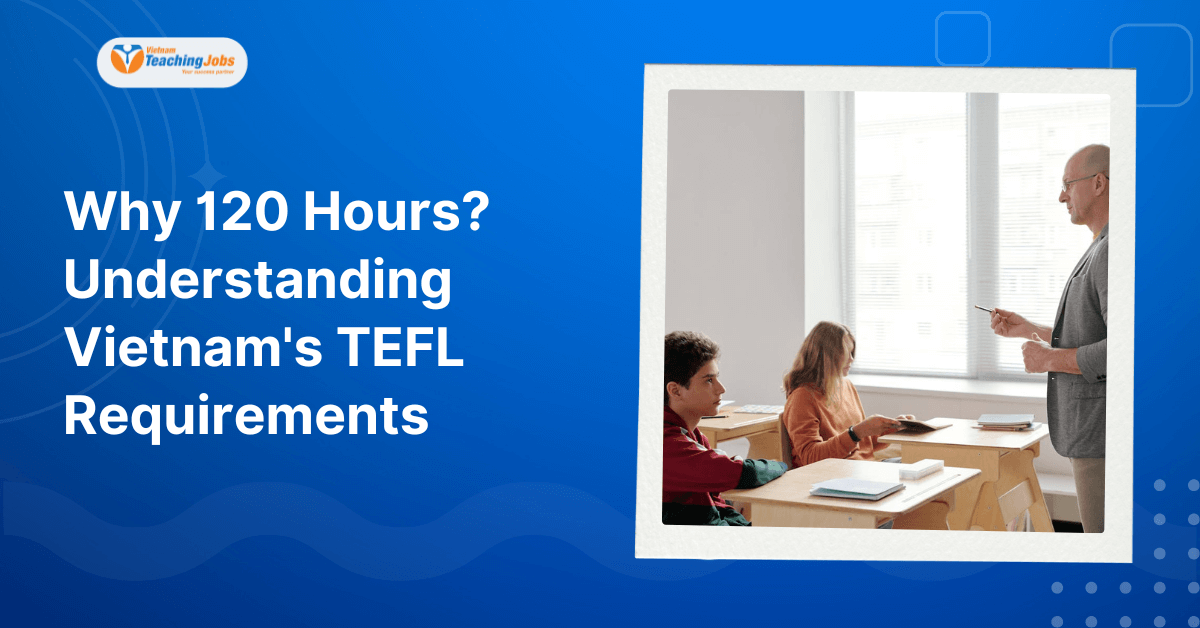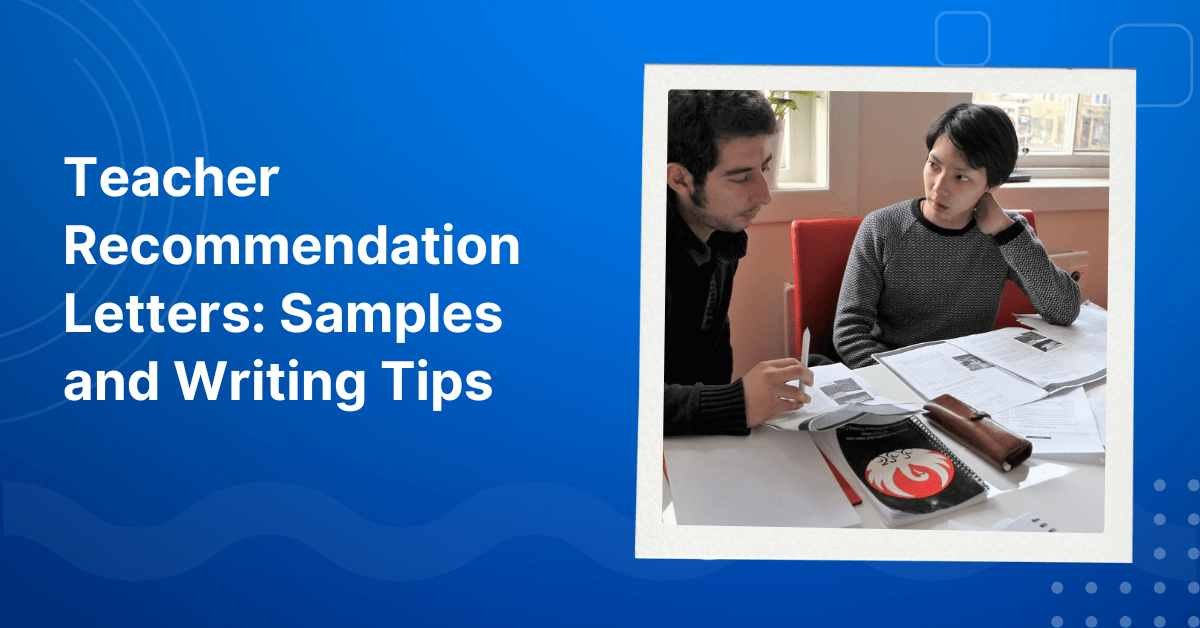Because of their age and experience and role in society, adults have completely different motivations, needs, and learning characteristics to children’s. In the below article, we will learn about these traits, as well as the factors that help you succeed in teaching adults.
1. Characteristics of adult learning
– Adult learning is purposeful, specific, and highly pragmatic. They want to learn content knowledge that can be immediately applied to work, or life.
– Adult learning is completely voluntary, they learn without any imposition of any administrative measures
– Adults only really participate in learning when they feel it is necessary (for example, they learn English to facilitate their communication with foreign colleagues, to get an English qualification as a condition to apply for a more well-paid position, or for a promotion opportunity in their workplace).
– Adults always compare and contrast what they learn with their own knowledge and experience. These experiences can help or facilitate their perception. In contrast, their conservatism or their “Know it all” attitude are often considered as significant psychological challenges to the process of learning.
2. Advantages and disadvantages in teaching adults
In general, when learning adults face more difficulties than children, there are objective difficulties, there are also difficulties due to their own low self-esteem, inferiority complex, or teachers’ prejudices and misconceptions. In fact, adults can still learn well if the teaching method is suitable for their learning style. It would be ideal if teachers know how to take advantage of their strengths in learning English and help them overcome difficulties. So what advantages and disadvantages do adults have when learning?
1. Advantages
– Unlike children, adults are highly independent and proactive. In learning as well as in life, adults want to be able to make their own decisions about the purpose, content, and time of learning.
– Unlike children, adults have rich knowledge and experience in different fields. This experience has profound implications for adults. So, if that life experience or skill is underestimated or not recognized, there is a high probability that they will feel frustrated and uncooperative.
– When teaching adults, teachers need to respect and create contexts for learners to share experiences and learn from each other.
2. Difficulties
Adults are often highly conservative. The experience and knowledge that they own have positive effects as analyzed above, but at the same time also include negative effects Experience often gives adults the attitude of a “Mr./Ms. Know it all”. This is one of the important psychological obstacles to the process of teaching adults of many teachers.
Adults take their experience seriously and have faith in it, even to the point of being conservative. They are not easily satisfied with what others say when they do not understand it correctly, or that knowledge is incomplete according to their previous perception and experience.
Therefore, when teaching adults, it is important for teachers to learn their concepts and experiences, to be very skillful and delicate in analysis (usually through group opinions, of class) to help them see limitations and mistakes in their experiences and concepts so that learners can self-adjust, perfect or change their previous experiences and concepts.
Adults are often tired and easily distracted. Children completely focus on learning, while adults study, work, and take care of family, children, etc. Therefore, when guiding adults to study, teachers need to pay attention to creating a fun, light, and engaging learning atmosphere.
3. Teaching principles for adults
Choosing the right approach and teaching method for adults is indeed important, as well as choosing the right teaching content that’s related to their experiences and needs. To do this, the following principles should be applied in the development and implementation of adult learning:
- First impression: To capture the attention of adults right from the start, it is important to know how to select the suitable yet impressive instructional method so that they can follow and do it at the first try. This will help break down the doubts and worries of their first session with you and spark a lasting interest in the long run.
- Relevance: Adults are only really interested in content and issues that are practically related to their work and life. The use of content, methods, and practices tailored to the needs of adults is critical to effective and successful teaching.
- Motivation (motivation): Adults actually learn and are motivated when they see the benefits of participating in learning. Adults want to engage in learning when their investment of time and effort pays off. It is really necessary to motivate learners by showing them that learning will make up for what they need and lack when teaching adults.
- Active/active: Adults learn more when they actively participate in the learning process thanks to “hands-onexperience”. The message from this principle is to make use of exercises, to ask lots of questions, and give experiential situations… so that they can acquire knowledge in the most self-conscious and effective way
- Two-way communication: Teaching adults cannot be understood merely as a process of “one-way information transmission” but a “two-way communication” one. Two-way communication in teaching is the giving and receiving of knowledge from both sides,teachers to students and students to students. This is also a way to appreciate and show your respect to the student’s points of view knowledge as well as practical experience
- Using multiple senses: Not only adults but any types of age groups learn more effectively when using senses simultaneously, such as hearing, sight, touch… It is recommended to use a combination of different teaching methods to help students can both listen, speak, read, write or all at the same time to increase their learning ability to the fullest.
- Practice: Adults learn best when repeating over and over through practice. The use of practice creates opportunities for students to understand the knowledge more effectively.
- Feedback: When adults learn, they want to get feedback on their task performance and learning results. Regular and timely feedback helps adults better comprehend their abilities and be able to create specific future development plans on their own.
- Latest information: In the process of teaching, there is a lot of information, knowledge, experience given to discuss and adults remember most what was exchanged at the most recent time. Summarizing important main ideas, conveying at the end of class time lesson is really necessary.
Are you facing difficulties in finding and securing teaching positions in Vietnam? Are visa procedures causing you trouble? Feeling overwhelmed and directionless upon your arrival in Vietnam for teaching assignments? Don’t worry, VTJ’s English Teaching Placement in Vietnam (EPIV) Program 2024 provides comprehensive support to solve ALL the matters.
👉👉👉 Click HERE to request free consultation






